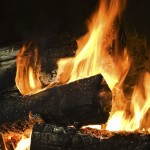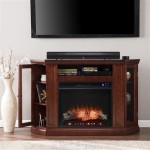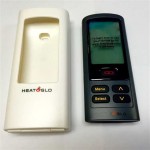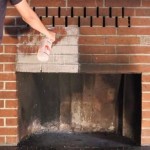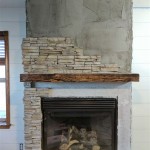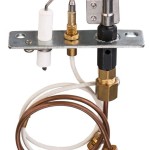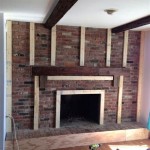Are Ventless Ethanol Fireplaces Safe?
Ventless ethanol fireplaces, also known as bio fireplaces, have become increasingly popular due to their convenience and aesthetic appeal. However, questions about their safety remain. This article delves into the essential aspects of ventless ethanol fireplaces to determine if they are indeed safe for indoor use.
How Do Ventless Ethanol Fireplaces Work?
Ventless ethanol fireplaces burn denatured ethanol, which is a type of alcohol that produces heat and flames when ignited. Unlike traditional wood-burning fireplaces, ventless ethanol fireplaces do not have a chimney or flue to exhaust gases and smoke outside. Instead, they rely on the combustion of ethanol to produce heat and ambiance.
Potential Risks
The combustion process in ventless ethanol fireplaces releases carbon monoxide, water vapor, and other byproducts. Carbon monoxide is a colorless, odorless gas that can be hazardous to health in high concentrations. Additionally, the lack of a chimney means that harmful gases and particles can accumulate in the indoor air if the fireplace is not properly used.
Safety Measures
To ensure the safe use of ventless ethanol fireplaces, it is crucial to follow certain safety measures:
- Use the fireplace in a well-ventilated room with adequate airflow.
- Never leave a burning fireplace unattended.
- Extinguish the flame completely before refilling the fuel reservoir. li>Never add fuel to a burning fire.
- Keep flammable materials away from the fireplace.
Health Considerations
While proper use of ventless ethanol fireplaces can minimize risks, there are certain health considerations to be aware of:
- Carbon Monoxide Poisoning: If used improperly, ventless ethanol fireplaces can release harmful levels of carbon monoxide, which can lead to headaches, dizziness, and respiratory problems.
- Respiratory Issues: The combustion process releases water vapor and other byproducts that may irritate the respiratory tract, especially in individuals with asthma or other respiratory conditions.
Other Safety Concerns
In addition to health risks, ventless ethanol fireplaces pose other safety concerns:
- Fire Hazard: The open flame and flammable fuel can increase the risk of fire if the fireplace is not properly operated or maintained.
- Burns: The metal body of the fireplace can become hot during operation, posing a burn hazard if touched accidentally.
Conclusion
Ventless ethanol fireplaces can provide warmth and ambiance, but it is essential to be aware of their potential risks and take appropriate safety precautions. By following the guidelines outlined above and using the fireplace responsibly, you can minimize the hazards and enjoy the benefits of a ventless ethanol fireplace safely.

Are Indoor Ethanol Fireplaces Safe New Scientific Research

Collection Ventless Ethanol Fireplaces Fire Pits Ecosmart

Ignis Recessed Ventless Ethanol Fireplace Lata

Double Sided Freestanding Ethanol Fireplace Vu Ignis

Ventless Ethanol Fireplaces Innovative Luxurious Designs

Ignis Long Ventless Ethanol Wall Fireplace Maximum

Customized Indoor Freestanding Bioethanol Fireplace Suppliers Good Inno Living

Wall Mounted Bioethanol Fireplace Delta 1200 TÜv Right Sided With Glazing Kratki

Modern Ethanol Fireplaces Premium Ventless 1 Rated

Wall Mounted Bioethanol Fireplace 900 TÜv Left Sided With Glazing Kratki
Related Posts

